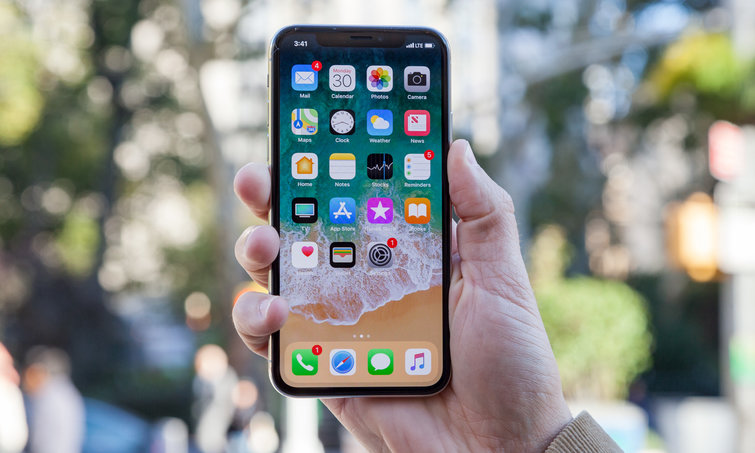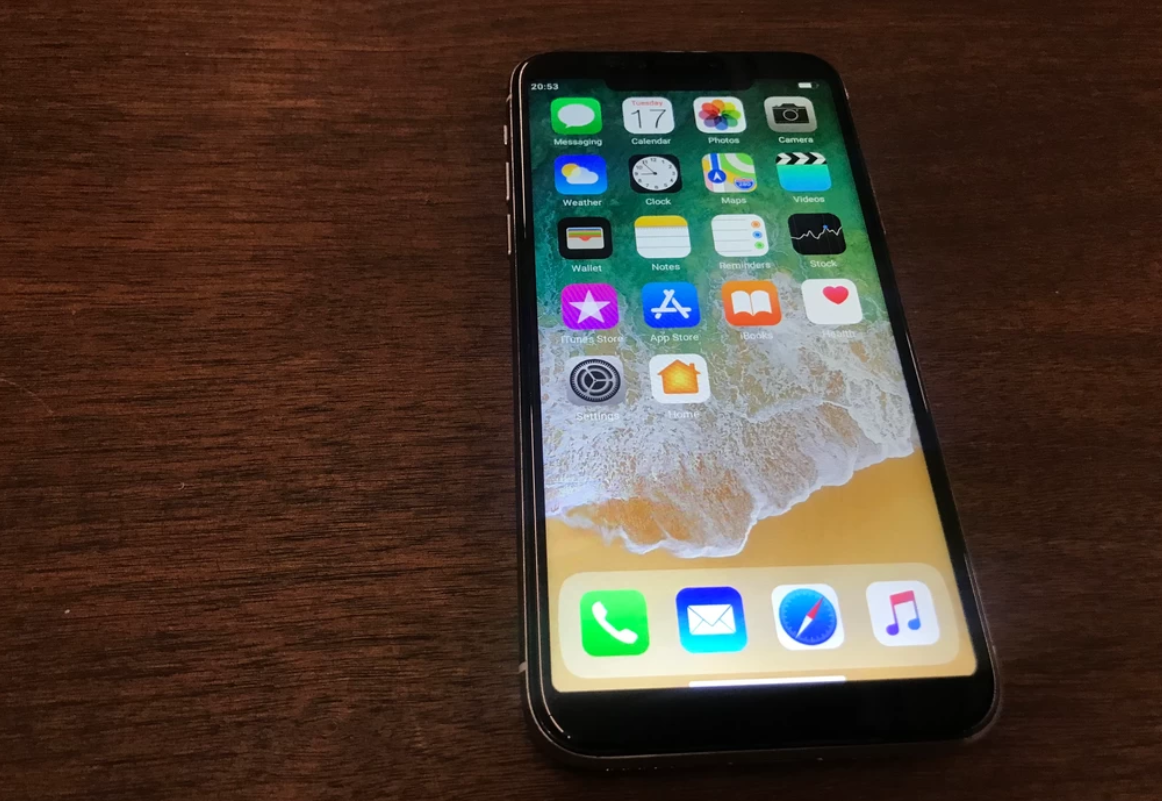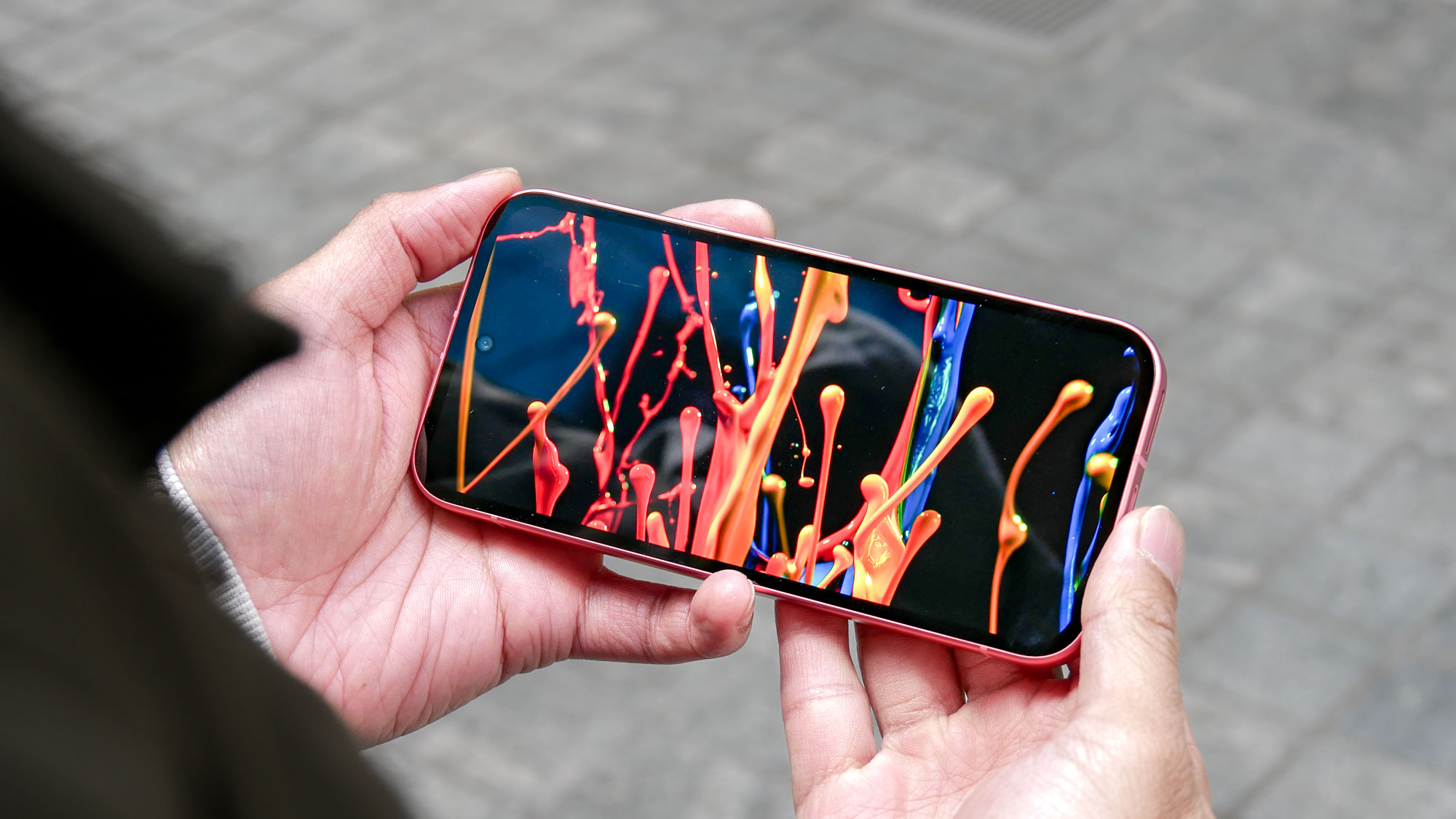This $100 Fake iPhone X Sure Looks Real
There are some telltale signs for identifying a fake iPhone X.

If you're in China and think the deal on the iPhone X you're seeing just can't be beaten, you might want to think again.

In a feature published recently, Motherboard examined the differences between a real iPhone X from Apple and a counterfeit iPhone X one of its reporters bought in China for just $100. And although the price alone might be enough to make you realize it's a fake, Motherboard found that the devices are strikingly similar.
When they broke the fake iPhone X out of the box, they quickly discovered that it "has the same form factor." The fake handset comes with the same design, the same side buttons, and even uses a Lightning port that works. Whoever designed the fake phone even used the same pentalobe screws Apple employs to make it harder to break into the smartphone and tweak things.
Moving to the packaging, Motherboard said that it was nearly identical to Apple's own packaging. It used the same material and even said "Designed by Apple in California."
MORE: New iPhones: iPhone X2, iPhone X Plus and iPhone 9 Rumors
So, if the hardware looks the same, has all the same features, and comes in a nearly identical box, how can you tell it's a fake? According to Motherboard, it's revealed in the software.
When you turn on the handset, you'll quickly find that it doesn't actually come with a notch. Instead, the counterfeit creators designed a software notch that looks like the real deal but is actually running on its operating system. And although the operating system comes with apps you'd typically see in an iPhone, they've been skinned and are actually repurposed Google apps.
Sign up to get the BEST of Tom's Guide direct to your inbox.
Get instant access to breaking news, the hottest reviews, great deals and helpful tips.
Motherboard said that the "App Store" on the fake phone crashes often. But when a warning comes up to tell you what happened, it says that the "Google Play Store" had crashed. And although Apple Maps is there, it opens Google Maps. Try the Podcasts app and you'll see YouTube.
Arguably the most concerning difference, however, is the hackability of the device. Motherboard reported that the device comes with "backdoors and malicious apps" out of the box. Sharing information on the handset, then, would be a really bad idea.
Apple and other companies have pressed China to stop counterfeit goods and the Chinese government has cracked down. But the sheer number of counterfeit goods makes it difficult, if not impossible, to stop. And when they're as close to the real thing as the iPhone Motherboard has, it can be even more difficult to stop it.
So, if you're in China and looking for a cheap iPhone, beware. Chances are, it's not what you think.
Don Reisinger is CEO and founder of D2 Tech Agency. A communications strategist, consultant, and copywriter, Don has also written for many leading technology and business publications including CNET, Fortune Magazine, The New York Times, Forbes, Computerworld, Digital Trends, TechCrunch and Slashgear. He has also written for Tom's Guide for many years, contributing hundreds of articles on everything from phones to games to streaming and smart home.
